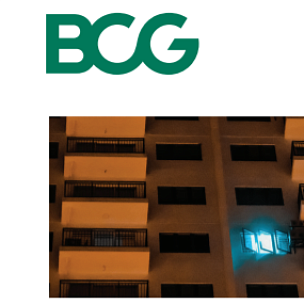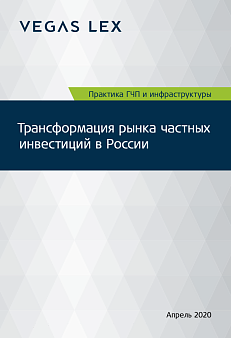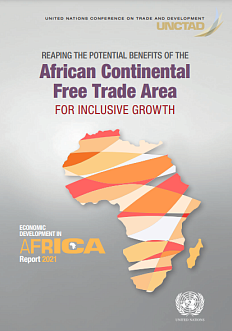The Roscongress Foundation, Redmadrobot, and the Academy of Real Estate (ARE) have published a joint study of the current state of the commercial property market, with an analysis of trends and technologies in the sector. The work, prepared specially for the PROESTATE.Live International Investment Forum 2020, can help adjust property management models and adapt business processes for present-day consumer needs.
The publication studies notable changes in real estate market, lease rates decline percentage, trends across market segments, and challenges faced by market players. Also, the authors comment on main shifts in consumer behavior and their effect on relations between lessors and lessees. A separate section of the publication deals with property technologies (PropTech).
The Roscongress Foundation presents the salient points of the publication accompanied by fragments of broadcasts of relevant panel discussions from the business programme of international events held by the Roscongress Foundation.
COVID-19 sped up the transformation of the commercial property market. Market players are rethinking their business processes, searching for new space management models, and switching to more flexible solutions that provide a highly productive working environment.
The crisis has influenced many market indicators — the number of deals has decreased, while vacancy rates have grown. Many lessees are asking lessors to give them a discount or revise the conditions of their contracts. Companies continue to cut their expenses, forcing property owners to lower lease rates.
By year-end 2020, volumes of purchased spaces and leased spaces, as well as new construction volumes, are forecast to drop by 15-20%. This indicates that businesses’ demand for office spaces and other facilities won’t rebound in the near future.
To organize a safe and comfortable working environment in the post-pandemic period, companies should focus on flexibility, rational distribution of people flows, and technologies that help automate routines and reduce operations that require close contact between people.
Shifts in consumer behavior have forced market players to rethink many processes in order to optimize expenses. This is why market players will have to reorganize office spaces, switching to more flexible solutions that can provide a highly productive working environment.
The authors of the publication name digital workspaces, smart workspaces, and PropTech as the most promising solutions.
Some technological trends are set to become highly popular in the nearest 2 or 3 years. The technologies with the greatest potential are marketplaces for buying and renting property and property management services.
Video: https://roscongress.org/sessions/spief-2019-rossiya-germaniya/search/#00:51:15.223https://roscongress.org/sessions/rh-2020-ottsy-i-deti-konflikt-pokoleniy-kak-vzglyad-na-esg-problematiku/search/ — 00:27:31.712
For more information about construction as a sector with a sizeable share in many economies, please see the StayHomeEconomy, Building and construction, Housing and utilities, Consumer sentiment, and Internet of Things, IoT special sections of the Roscongress information and analytical system.






